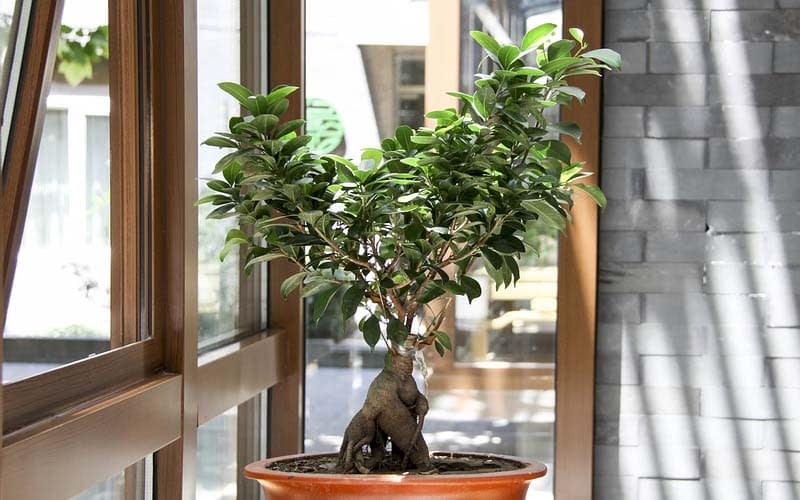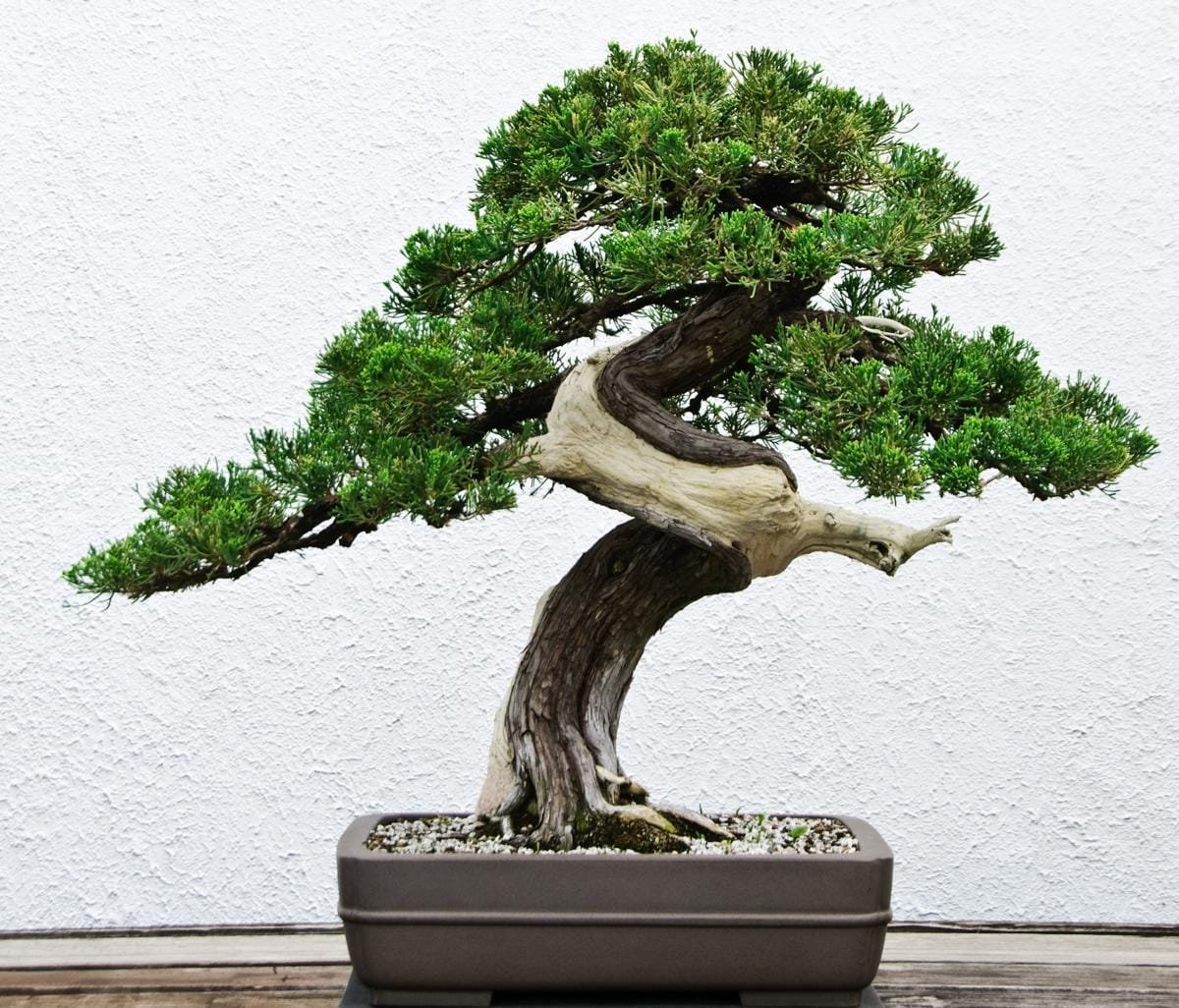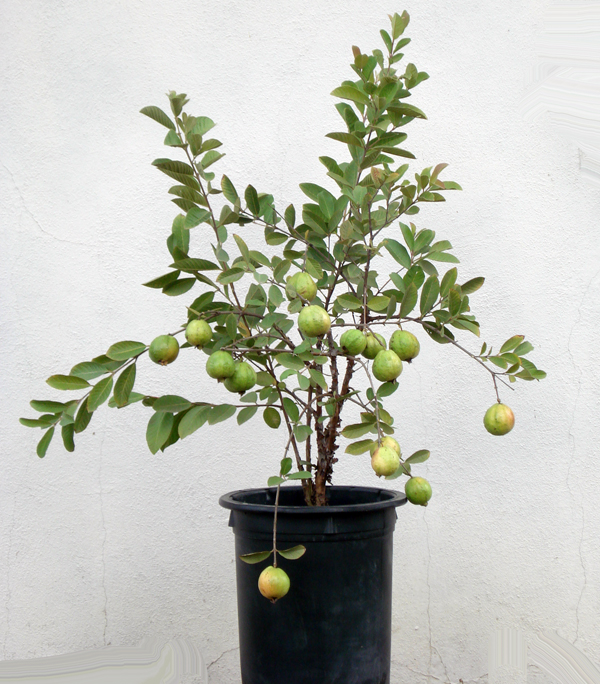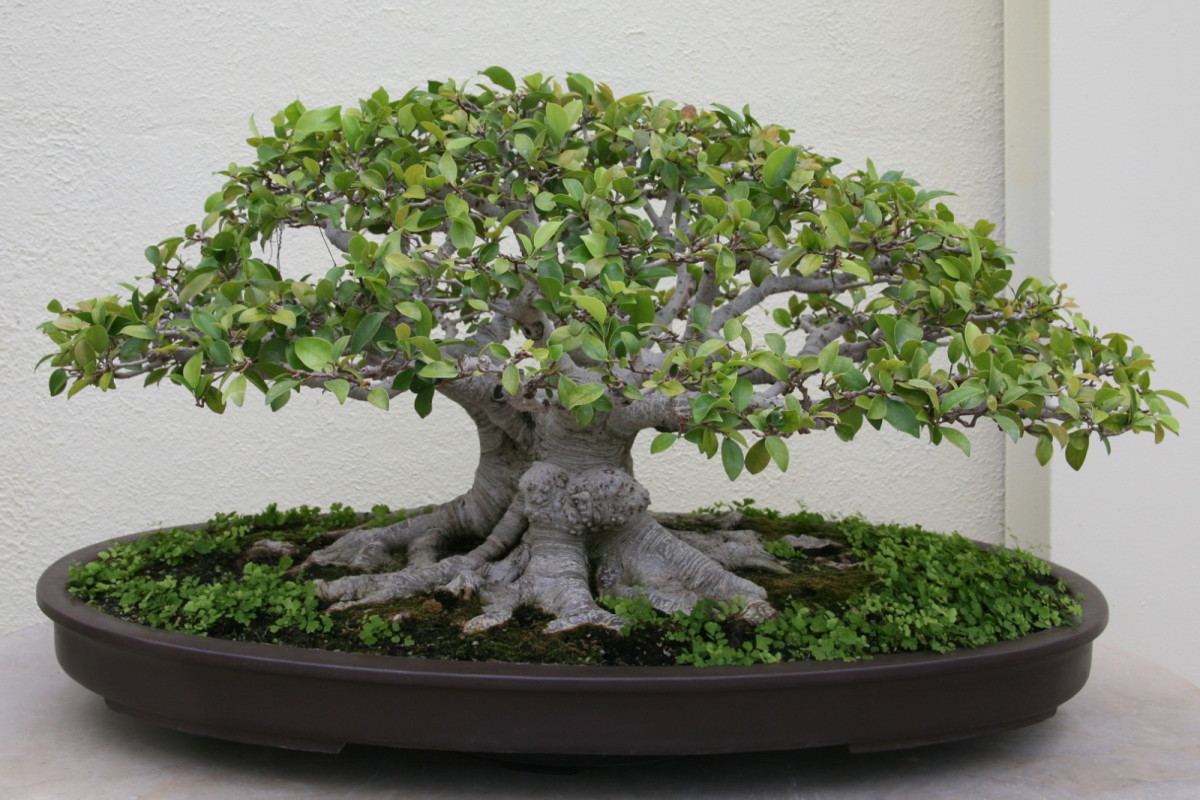Bonsai symbolism centuries evolved practiced
Table of Contents
Table of Contents
If you’ve ever laid eyes on a bonsai tree, you know that they exude a sense of both power and tranquility. These miniaturized trees are remarkable not simply because of their pint-sized aesthetic, but because of their deep symbolism.
The Pain Points of Bonsai Tree Symbolism
Even if you’ve been interested in bonsai trees for some time, the symbolism behind them can be a bit intimidating. They’re rich in meaning and history, and that can be overwhelming for someone who’s just starting out. But fear not: by taking the time to learn about what bonsai trees represent, you’ll gain a greater appreciation for these plants and the art of bonsai.
The Target of Bonsai Tree Symbolism
At its heart, bonsai tree symbolism is about cultivating a sense of balance and harmony. It’s said that the tree’s size is meant to represent the vastness of nature, while the miniature proportions of the bonsai tree itself represent the importance of balance and inner peace. In this way, caring for a bonsai tree can be seen as a form of meditation that helps one achieve greater emotional and mental balance.
Summary of Bonsai Tree Symbolism
By understanding the symbolism behind bonsai trees, you can gain a stronger connection to these beautiful plants. Bonsai trees represent balance, harmony, and tranquility, and caring for them can help promote these qualities in one’s own life. In this article, we’ll explore bonsai tree symbolism in greater depth, and discuss how these plants can help promote a greater sense of well-being.
The Beauty of Bonsai Tree Symbolism
There’s something truly enchanting about a bonsai tree. Before I learned about the symbolism behind them, I was simply drawn to their striking beauty. But once I delved into their deeper meaning, my appreciation only grew.
Bonsai trees are often seen as powerful symbols of endurance and resilience. Despite their tiny stature, these plants can live for centuries, and have the ability to weather even the harshest conditions. For me, that’s a testament to the importance of standing firm in the face of adversity, and to the power of hope and resilience.
The Meditation of Bonsai Tree Symbolism
Caring for a bonsai tree can be a beautiful form of meditation. Each time I sit down to water my tree or prune its leaves, I’m able to tap into a sense of peacefulness and calm. In this way, bonsai tree symbolism is about more than just the beauty of the tree: it’s also about the beauty of the practice itself.
Going Deeper Into Bonsai Tree Symbolism
Bonsai trees are also associated with the natural world, and with the cyclical nature of life. As we care for these small trees, we’re reminded of the larger cycles of growth and decay that exist in the world around us. This can be both humbling and inspiring, as we’re able to see our place in the grand scheme of things.
The Art of Bonsai Tree Symbolism
Finally, bonsai tree symbolism is about the art of bonsai itself. The process of shaping and cultivating a bonsai tree is a deliberate and attentive practice, one that requires focus and mindfulness. In this way, bonsai tree symbolism is about more than just the tree’s aesthetic: it’s about the process of creating something beautiful and meaningful.
Question and Answer
Q: What does the word “bonsai” mean?
A: “Bonsai” is a Japanese word that means “planted in a container.” It’s a term that’s used to describe the art of growing and shaping miniature trees.
Q: How old can a bonsai tree get?
A: Bonsai trees can live for centuries, and some have been known to live for over a thousand years. However, the average lifespan of a bonsai tree is between 20 and 30 years.
Q: What are the most common types of bonsai trees?
A: Some of the most common types of bonsai trees include junipers, pines, maples, and azaleas. However, there are dozens of different species of trees that can be grown as bonsai.
Q: Is bonsai tree symbolism only found in Japanese culture?
A: While bonsai trees are most commonly associated with Japanese culture, they have been grown and appreciated in many different cultures throughout history. For example, bonsai trees were popular in ancient Chinese culture, and have also been cultivated in Vietnam and Korea.
Conclusion of Bonsai Tree Symbolism
Whether you’re an seasoned bonsai enthusiast or a newcomer to the world of miniature trees, there’s no denying the beauty and power of bonsai tree symbolism. From its association with balance and harmony to its focus on resilience and endurance, bonsai tree symbolism offers a rich tapestry of meaning and history that speaks to the importance of nature and mindfulness in our lives.
Gallery
Bonsai Tree Symbolism And Meaning | Bonsai Alchemist

Photo Credit by: bing.com / bonsai symbolism centuries evolved practiced
Bonsai Symbolism - What Does It Mean? | Bonsai Tree Gardener

Photo Credit by: bing.com / bonsai symbolize elements symbolism enso bonsaitreegardener
What Does Bonsai Trees Symbolize? - Bonsai Sanctum

Photo Credit by: bing.com / bonsai symbol tree symbolize trees does japanese
Bonsai Symbolism - What Does It Mean? | Bonsai Tree Gardener

Photo Credit by: bing.com / bonsai ulmus parvifolia style upright styles tree symbolism moyogi botanic formal broom english brooklyn garden flickr chokkan bonsaitreegardener
What Is The Symbolism Behind A Bonsai Tree? - Quora
Photo Credit by: bing.com / bonsai tree symbolism plants behind






